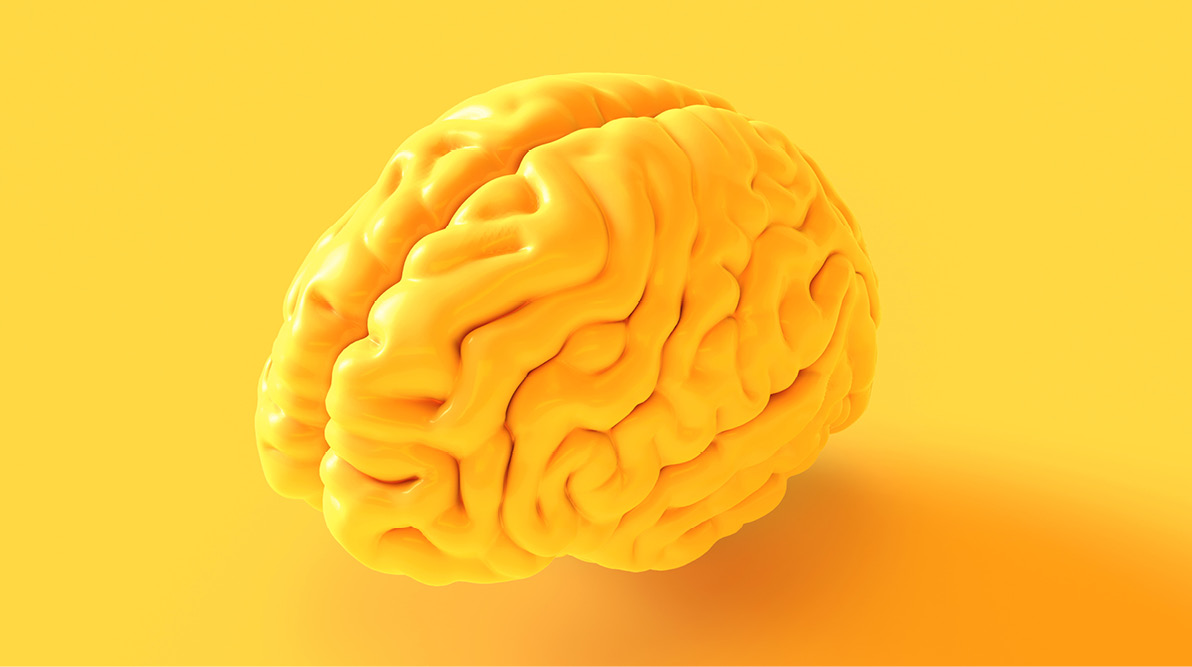With aging, the neural circuits used to communicate within different areas of the brain deteriorates, even among healthy adults. New research by the University of Texas at Dallas aimed to find out why this process occurs in the aging brain and if there’s any of combating such cognitive decline.
The study appeared in the journal Neurobiology of Aging.
“Despite the importance of cortico-striatal circuits to cognition, investigation of age effects on the structural circuitry connecting these regions is limited,” the co-authors stated in their new journal release.
“The current study examined age effects on frontostriatal white matter connectivity, and identified associations with both executive function performance and dynamic modulation of blood-oxygen-level-dependent (BOLD) activation to task difficulty in a lifespan sample of 169 healthy humans aged 20–94 years.”
According to the study, an increase in frontostriatal diffusivity was associated with worsening executive function, progressing with age.
“Whole-brain functional magnetic resonance imaging (fMRI) analyses additionally indicated an association between frontostriatal mean diffusivity and BOLD modulation to difficulty selectively in the striatum across 2 independent fMRI tasks,” the study concluded.
“Together these results demonstrate the importance of age-related degradation of frontostriatal circuitry on executive functioning across the lifespan, and highlight the need to capture brain changes occurring in early-to middle-adulthood.”


